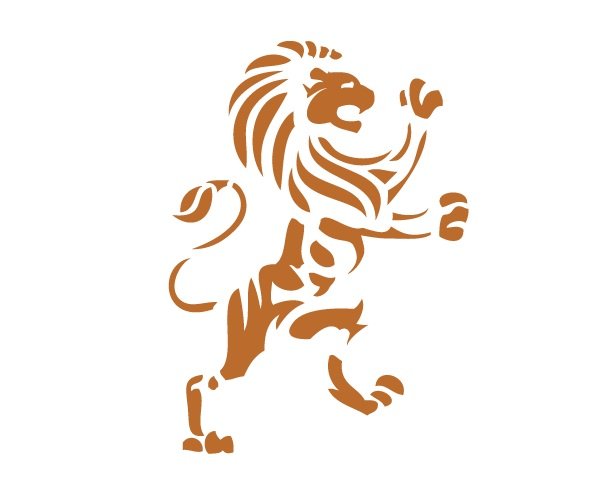Tort Law
Tort law covers a wide range of civil wrongs or misconducts that can result in harm, injury, or loss to individuals or their property. Tort law in Ukraine is governed by the Civil Code of Ukraine, particularly in Book III, "Obligations," which includes provisions related to tort liability. Here are some key points regarding tort law in Ukraine.
Overview
Definition of Tort
In Ukraine, a tort (or delict) is defined as an unlawful act or omission that causes harm to another person, resulting in legal liability for the tortfeasor (the person who committed the tort).
Types of Torts
Ukrainian tort law recognizes various types of torts, including intentional torts (such as assault, defamation, or trespass), negligence-based torts (such as medical malpractice or car accidents), and strict liability torts (such as product liability).
Fault-Based System
Ukraine follows a fault-based system, which means that for a person to be held liable for a tort, their conduct must involve fault or negligence. The injured party must prove that the tortfeasor's actions were wrongful and caused them harm.
Compensation
In tort cases, the primary remedy sought is compensation for the damages suffered by the injured party. This may include economic damages (such as medical expenses, loss of earnings) and non-economic damages (such as pain and suffering, emotional. distress).
Limitation Period
There is a limitation period for filing a tort claim in Ukraine, which generally expires within three years from the date when the injured party became aware of the harm and the tortfeasor's identity.
